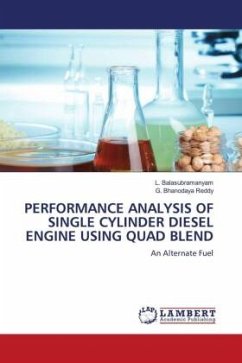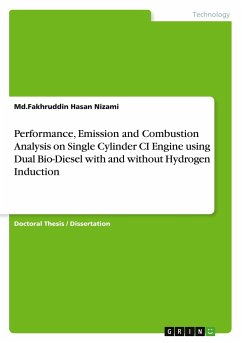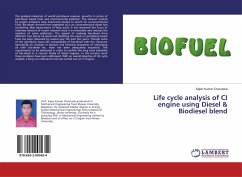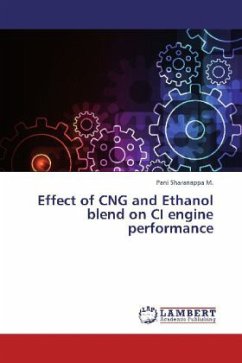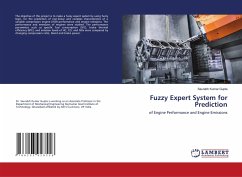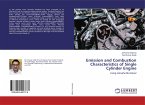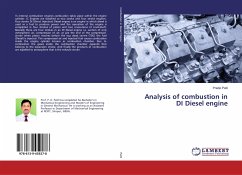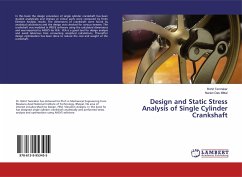The rapid growth in industrialization and the automotive sector has led to overuse of conventional energy sources and significant pollution. Biodiesel, produced via transesterification from non-edible oils like Deccan hemp, Karanja, Rapeseed/Canola, Yellow mustard, and Cottonseed oil, emerges as a promising renewable fuel. Enhanced with 5% bioethanol for better combustion, ten QUAD BLEND fuels were tested in a single-cylinder diesel engine at various compression ratios. The SD75B10C10EA5 blend showed superior brake thermal efficiency (up to 24.80%) and reduced emissions compared to diesel, with significant reductions in CO, HC, and NOx emissions. The SD75C10D10EA5 blend notably minimized emissions, with CO reductions up to 60% and HC reductions up to 71%, while maintaining efficiency close to diesel. These results indicate that biodiesel blends, especially with cottonseed, rapeseed, and Deccan hemp oils, offer effective and environmentally friendly alternatives to conventional diesel.
Bitte wählen Sie Ihr Anliegen aus.
Rechnungen
Retourenschein anfordern
Bestellstatus
Storno

